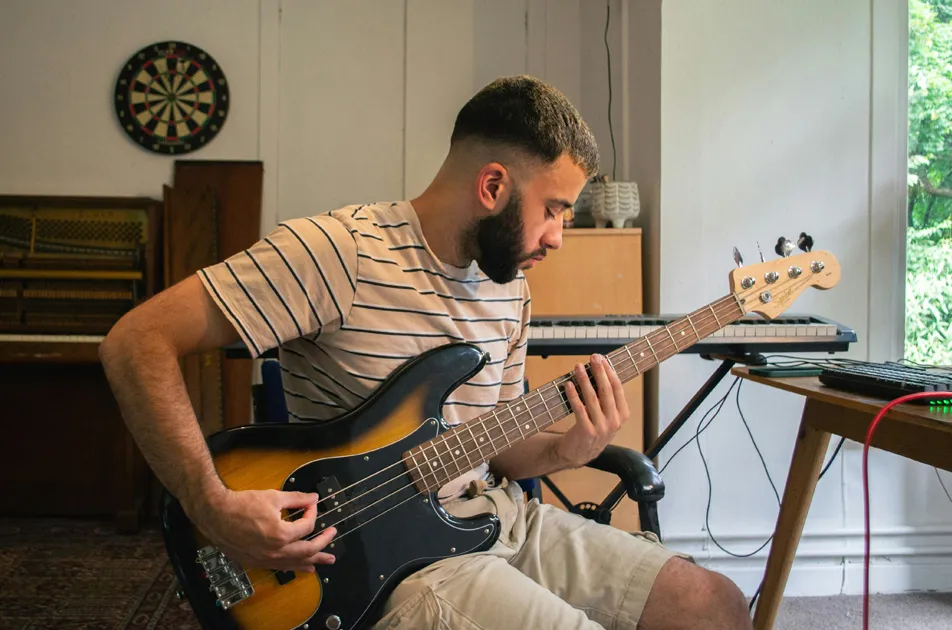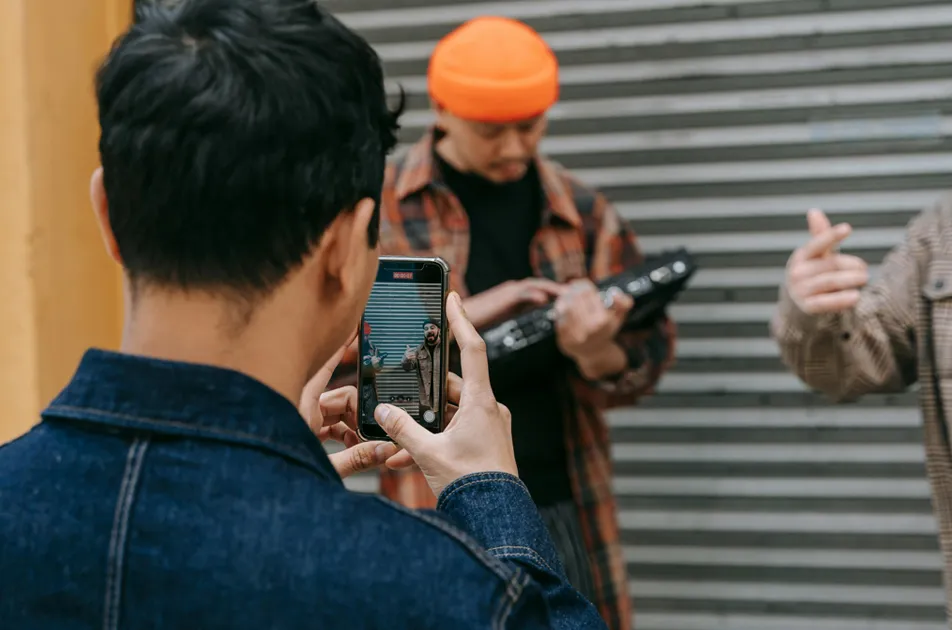Rapper Iron Solomon is making a variety of media appearances in preparation for the upcoming release of Monster on Duck Down Music. Recently Forbes' Zack O'Malley Greenburg interviewed Iron Solomon about the business of battle rap in relationship to his emerging career as a hip hop lyricist. Iron Solomon built his brand on battle rap and he offers a peak into the revenue streams available to a battle rapper that are illuminated with a bit more context in a series of stories about his best rap battles told to Daniel Isenberg for Complex.
The upcoming release of Monster, featuring guest appearances by Talib Kweli, Paul Wall, Novel, DMC, is an important one for Iron Solomon. However, he hasn't waited on album sales to start cashing in on his lyrical skills.
Iron Solomon: The Forbes Interview
In his recent Forbes interview and his extended storytelling for Complex, he reveals some of the secrets of how battle rappers make that cash.
Battle Rap Revenue Streams
Prize Money
"Though Solomon took home just $150 for his [now legendary] win over Immortal Technique, he was soon claiming prizes of $500-$2,500. At the peak of his days as a lyrical warrior at the end of the 2000s, Solomon was flying around the country to vanquish verbal foes, sometimes to the tune of a $5,000 payout at contests like Fight Klub and Scribble Jam." [Forbes]
Iron Solomon also talks about splitting a $10k price with another contestant at Scribble Jam. [Forbes Video]
Upfront Fees & Paid Expenses
"The tournaments of Solomon’s early days have been largely replaced by sponsored events where individual rappers spar in one-on-one prize fights; they receive money—sometimes $3,000 to $4,000—just to show up." [Forbes]
"For that one [against E. Ness], there was compensation up front. There was no prize money. We both got paid with something up front and [I think] something on the back end, and hotels and flights and stuff like that." [Complex]
Gambling
"There are side bets as well. So your friends bet against his people or you bet against him." [Forbes Video]
"And then they were asking if there were any side bets [when I battled Jin]. And Coop just hopped up out of nowhere and was like, ‘Yeah, I got a thousand on Solomon.’ And he just pulled out this wad of cash and put it down on the table…[More betting followed.] So now this street dude I just met has got more money on me, and it’s not just my reputation riding on it…"
"So the judges picked me, and now there’s this stack of five grand [in prize money], and the two thousand from Coop, and the one grand from them, and this crazy watch. And Coop just scrapes it all to our side of the table. He’s like, ‘Do you want the cash or the watch?’…and I was like, ‘Coop…I’ll take the money.’ It was maybe the non-rapper decision, but it was the wise decision." [Complex]
ASCAP & Royalties
"I recently reached out to him [E. Ness] about how ASCAP recently started paying out on YouTube views. So I’ve been registering all my battles with ASCAP. And I reached out to most of the people I battled to suggest they do the same thing. I wanna see people win, and be successful." [Complex]
Brand Building
Iron Solomon eventually leveraged his reputation as a battle rapper to move into a more full-fledged hip hop career. Though you don't get paid for building a brand, it's difficult to make money without one.
If you're interested in some great stories about battle rap in intense settings, be sure to check out the multipage article in Complex.
Note: I tend to assume rappers either downplay their income for tax purposes or overstate for branding purposes. Unless you see the paperwork, there's no way to really know, especially when you have multiple cash-based revenue streams.
Hypebot Features Writer Clyde Smith maintains his freelance writing hub at Flux Research and music industry resources at Music Biz Blogs. To suggest topics for Hypebot, contact:
clyde(at)fluxresearch(dot)com.




